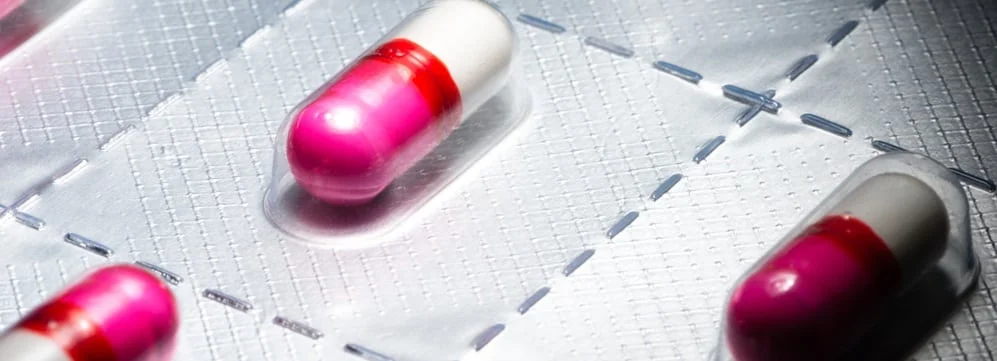Benadryl (diphenhydramine) is a readily available antihistaminedrug, sold over the counter in capsule, tablet, or liquid form. Benadryl is used to help with alleviating reactions like itching, sneezing, and increased mucus production that result from allergies and the common cold. It also is used to treat itching from insect bites and hives which bring about an increase of histamine in the body. Benadryl prevents histamine from binding to certain cell receptors in the brain and blocks the action of acetylcholine. The blocking of acetylcholine (anticholinergic effect) causes a sedative sensation to the individual, often to the extent of falling asleep. Because of this sedative effect, people sometimes turn to usingBenadrylas a sleep aid.
Article at a Glance:
- Benadryl is an antihistamine drug used to treat the symptoms of allergies and colds.
- There is a sedative effect to Benadryl that causes some people to rely upon it for sleep.
- Addiction to Benadryl is possible.
- Benadryl misuse side effects include anxiety, increased heart rate, memory loss, and seizures.
- Although withdrawal symptoms of Benadryl are minor compared to harder drugs, you may experience cold sweats, nausea, or diarrhea when stopping the drug suddenly.

Regarding Benadryl Being Addictive
Generally, addiction to Benadryl is possible. People primarily develop a psychological dependence on the drug, stemming from the idea and fear that they won’t be able to get to sleep without it, or remain asleep for the entire night. The fear becomes anxiety, and the sensation of relaxation initially felt when Benadryl is used allays that anxiety –perpetuating the cycle of misuse.
Over time, a person who takes Benadryl may find that the original dose may not be enough to help them fall asleep as quickly as before, or that they are waking during the night. This indicates that the body has become more tolerant of the drug and a dependency has formed. The person then takes more of the drug to achieve the desired effect of falling asleep, or duration and state of rest.
Misuse of Benadryl should not be taken lightly. As with any drug, there are complications and side effects that are caused by misuse. WithBenadrylmisuse, the side effects can include any of the following:
- Anxiety
- Sedation
- Increased heart rate
- Low blood pressure
- Reduced ability to concentrate
- Blurred vision
- Dry mouth (leads to GERD or dental issues)
- Nausea
- Memory loss
- Impaired coordination
- Constipation
- Difficulty urinating
- Liver dysfunction
- Seizure
Additionally, in the study“Cumulative Use of Strong Anticholinergic Medications and Incident Dementia,” it is reported that there is evidence to support a connection between the long-term use of drugs like Benadryl and the increase of dementia and Alzheimer’s disease. According to the study’s author Dr. Shelly Gray, “We know that these medications may have an effect on memory, and we always assumed that these effects were reversible. We didn’t think these medications were changing the brain permanently. Our study does suggest a link between the highest use and increased dementia risk.”
Trying to Withdraw from Using Benadryl for Sleep
Discontinuing the use of Benadryl will not have the same type of reactions or side effects as those which are felt with harder drugs. Typically, people have reported feelings of nausea, diarrhea, hot or cold sweats, and insomnia. People who are trying to stop using Benadryl for sleep are advised to taper off to make these effects less uncomfortable.














